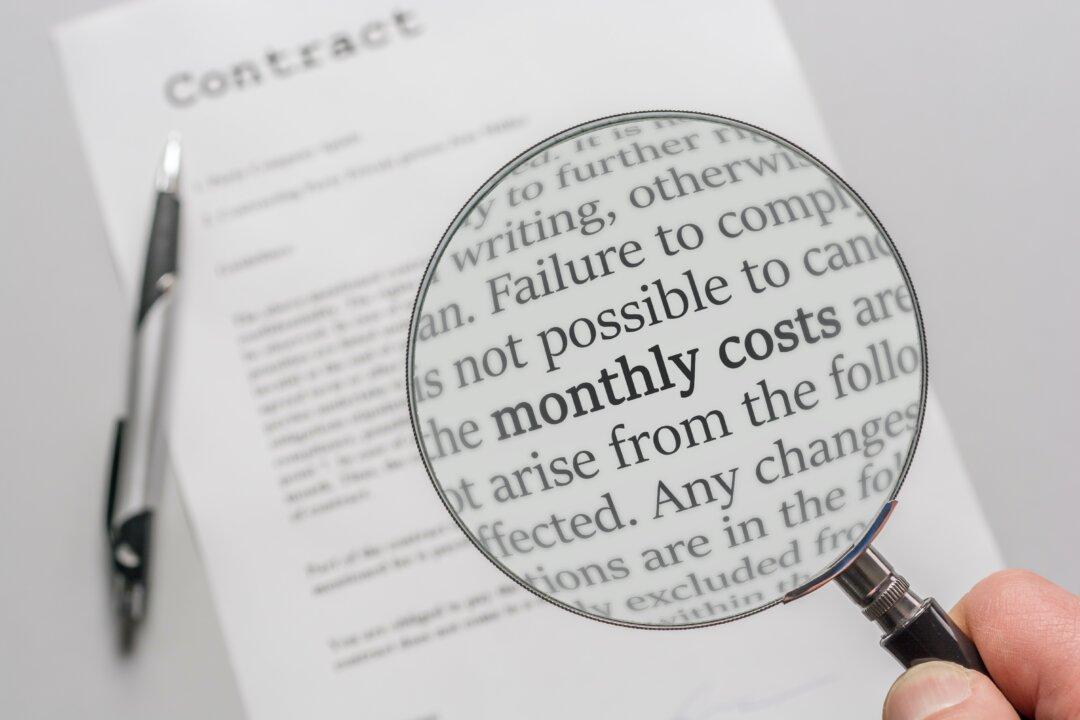I wouldn’t go so far as to say I am a fine print junkie—but I could see that happening.
This fascination I have with the fine print is not some weird quirk I’ve had from birth or even a learned behavior that I pursued. It’s the result of getting burned just one too many times because of what lurks in the fine print—on credit card applications, sales flyers, even the label on a popular laundry detergent.





